How can employers prevent worker burnout? How has the millennial generation changed the definition of a “good” job? Raconteur examines the problem of workplace stress and why a clear sense of purpose can help companies attract top talent in this engaging Future of Work special report. The report also explores why cultural traditions may keep a four-day workweek from becoming the norm in Japan, as well as how hologram technology and automation are changing mining and engineering. Further, it features an eye-opening infographic that illustrates the differences in parental leave policies around the globe.
Employees want to feel their work serves some larger purpose.
A major generational shift is underway within the workforce. Millennials will constitute 75% of the workforce by 2025. Attracting and keeping top talent from this notoriously ethically-minded cohort requires more than offering a hefty paycheck. As Worktech Academy director Jeremy Myerson argues, companies must begin prioritizing the meaningfulness of work if they hope to meet millennial workers’ expectations of a “good” employment experience. Indeed, research by Betterup shows that 90% of workers would forego a higher paycheck in exchange for more meaningful work. Put another way, companies that can give their employees a sense that the work they do serves a greater purpose will thrive; those that can’t will struggle to recruit and retain the best and brightest.
Organizational design firm NOBL Collective founder Bud Caddell stresses that organizations must recognize the distinction between company purpose and vision. Purpose, he states, is “why you choose to exist together beyond financial gain, while vision is the difference...








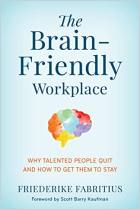
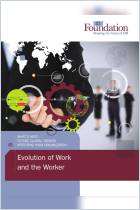
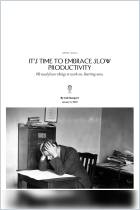
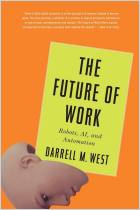
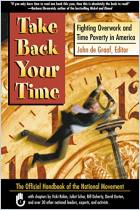
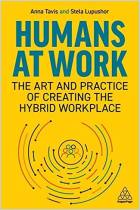





Comment on this summary or Démarrer une discussion